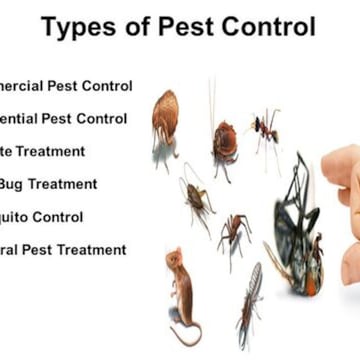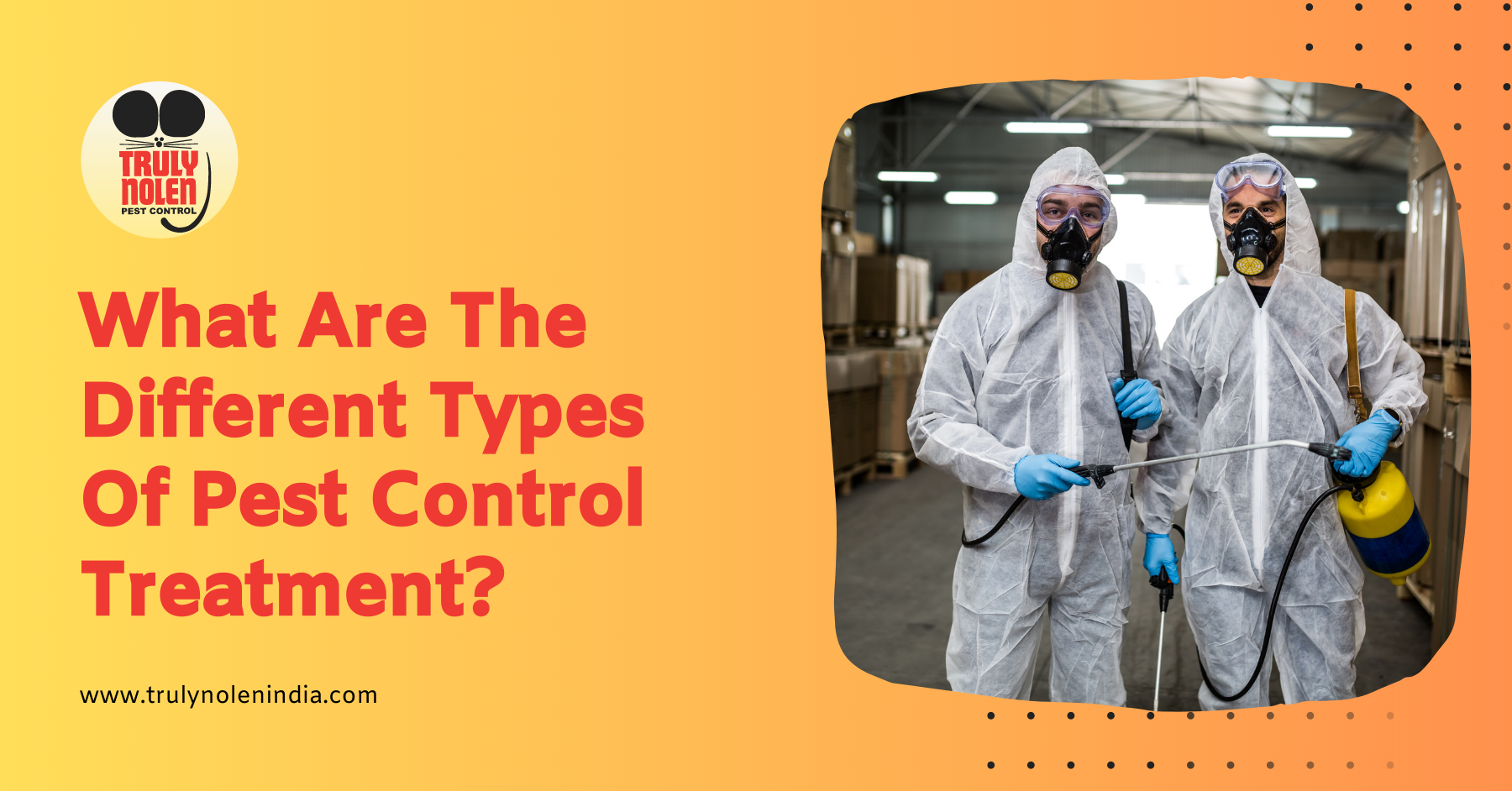Things about Pest Control
Things about Pest Control
Blog Article
3 Simple Techniques For Pest Control
Table of ContentsNot known Facts About Pest ControlGetting The Pest Control To WorkThe Main Principles Of Pest Control Pest Control for DummiesHow Pest Control can Save You Time, Stress, and Money.
Limitations of Chemical Monitoring Be able to examine parasite issues, identify if administration is essential, and make suitable recommendations utilizing IPM strategies. Be acquainted with various methods of insect administration - their benefits and limitations.This phase talks about (IPM), a method that utilizes expertise about insects and their, methods, nonchemical techniques, and chemicals to manage pest problems. Added information about IPM for specific plants is consisted of in phases that focus on those plants. Nonchemical parasite control actions are emphasized in phase 17, "Organic Horticulture." Handling birds and creatures is covered in chapter 20, "Wildlife." Handling in the backyard and garden is covered in chapter 6, "Weeds." Insects in a garden or landscape might consist of bugs and termites, weeds,, animals, and birds.
Pests and weeds, nonetheless, play a function in the. After growing a yard or establishing a lawn, the all-natural procedure of plant sequence starts to reestablish and nonnative plants.
What we call "parasites" belong to a natural system at the office. An environment has no bugs. Only people take into consideration particular varieties parasites when they occur where they are not desired. We will certainly be much more effective in managing unwanted species when we realize that these microorganisms adhere to predictable patterns that we can utilize to our advantage.
Pest Control Can Be Fun For Everyone
Bugs prone to a chemical were quickly eliminated, leaving resistant ones to breed and increase. It became clear that chemicals alone would certainly not fix all pest problems.
An IPM plan enables some degree of insects in the atmosphere. Insects are much less likely to endure a program that makes use of several methods of lowering their populations. Integrated parasite monitoring was first recommended by entomologists due to the fact that bugs were the initial team of parasites to verify difficult to take care of with chemicals alone.
A limit is the factor at which action should be taken. IPM has extended past pests to management of all pest populations: weeds, illness microorganisms, and creatures.
The Main Principles Of Pest Control
Administration instead than obliteration of insects is the objective. An IPM strategy starts with a mindful evaluation of each insect infestation.
Clover expanding in a yard may be considered as an undesirable weed, yet as a bean it is manufacturing nitrogen for the dirt and the blossoms are supplying nectar to honey and other. Tolerance for some weeds might become part of an Visit Your URL IPM strategy. might be consuming the fallen leaves of a plant, but when they are recognized as the larvae of Eastern tiger swallowtail butterflies, their damage might be endured so we can take pleasure in the lovely butterfly.

The 2nd most essential device in pest monitoring is very early treatment. Being present and watchful in the garden makes sure early discovery. Reacting to troubles quickly, prior to they have time to multiply, needs a much less dramatic intervention. The 3rd essential device is recordkeeping; tracking what takes place in the yard makes it possible for a gardener to recognize patterns and make informed decisions.
An Unbiased View of Pest Control
Numerous risk-free, useful, nonchemical methods of plant protection and pest monitoring might decrease or eliminate the demand to spray. Various other techniques are most helpful when made use of with chemicals. To implement management practices properly and to reduce losses, gardeners need to understand the types of pests that attack plants and understand pest biology.

Performing a soil examination and applying only the suggested quantity of fertilizer and lime optimizes the benefit to the plant while decreasing issues connected to extreme usage of fertilizer - Pest Control. Treatment the soil with a number of inches of mulch shields the plant in a number of ways: decreasing dirt water loss to evaporation, lessening weed competition, offering nutrients, and producing a suitable setting for earthworms and microorganisms that keep the navigate to this website soil loosened for roots and damage down natural product to launch nutrients
If mulch touches the trunk, it can create a means for voles, bacteria, and fungis to attack the plant. Do not use manure or compost that has not extensively decomposed as a top dressing because it can encourage undesirable insects. Research suggests that tilling the soil is harmful to soil structure.
10 Simple Techniques For Pest Control
If tilling is regarded required, consider doing it in the fall when the life cycles of lots of insects brings them near the surface area. At the surface area, pests come to be subjected to the weather as well as birds and various other natural adversaries.
Report this page